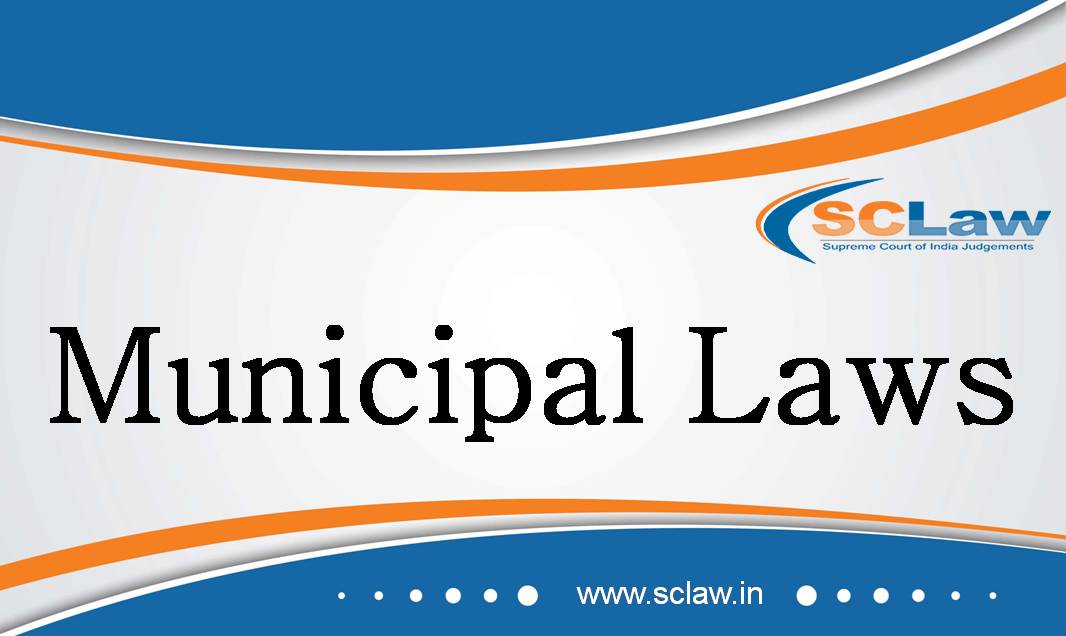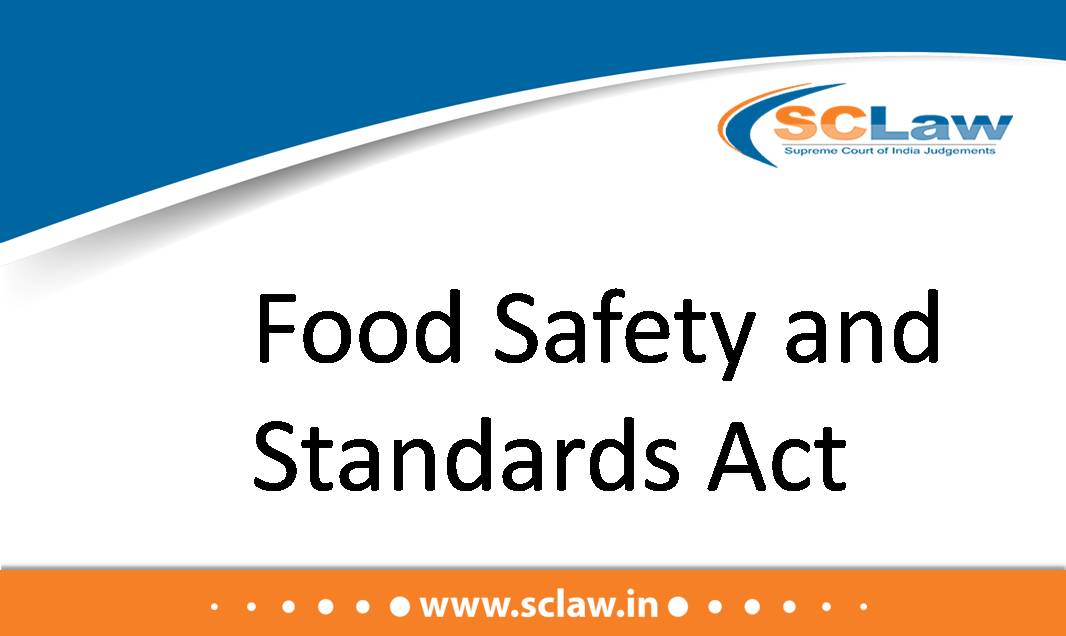Supreme Court held that the respondent-company had breached the agreement by not offering possession of the apartment for fit outs by the stipulated date and the appellants had the right to terminate the agreement and claim unconditional refund with interest at 12% p.a. as per the agreement – The Supreme Court also held that the NCDRC had overstepped its jurisdiction by rewriting the terms and conditions of the contract and applying its own subjective criteria.
SUPREME COURT OF INDIA DIVISION BENCH VENKATARAMAN KRISHNAMURTHY AND ANOTHER — Appellant Vs. LODHA CROWN BUILDMART PVT. LTD. — Respondent ( Before : Aniruddha Bose and Sanjay Kumar, JJ. )…







